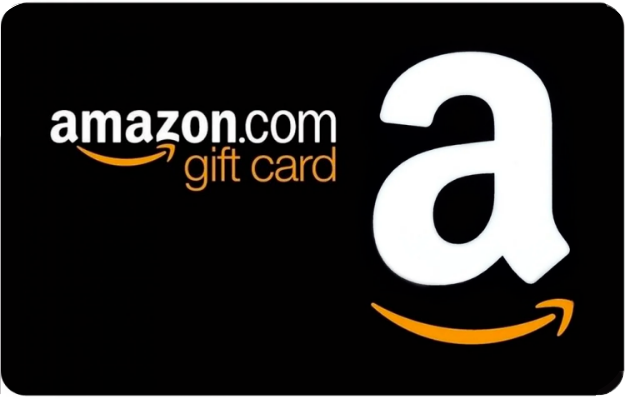Webinar
Think About Your Audience Before Choosing a Webinar Title
OnDemandLandingPage@2x.png?width=1541&name=2021-11-15(Plutora%20DO)OnDemandLandingPage@2x.png)
Sponsored by Plutora
What You’ll Learn in This Webinar
The digital economy demands optimal performance from all organizations and objectives and key results (OKRs) offer a framework for collaboratively setting ambitious goals. But when organizational culture isn’t ready, teams find OKRs pressed upon them when they should be generating them - and managing them - autonomously.
Zig Ziglar said that “A goal properly set is halfway reached”, but it’s also challenging for teams to know, for sure, how they are performing against their goals and what to do to adjust course. The promise of OKRs is to enable teams to do just that.
Join Jeff Keyes, Helen Beal and Mike Burrows to learn about common pitfalls when using an OKR framework, how to avoid them, and how to leverage value stream management to ensure continuous dynamic OKR optimization.
Key takeaways:
- OKRs origins at Intel, John Deer, and their use in technology-driven companies like Google
- What to do when OKRs are too ambitious, and how to dynamically adjust based on data-driven feedback and conversations
- How to harness OKR setting to drive cultural change, not just enforce bad habits and poor leadership practices







